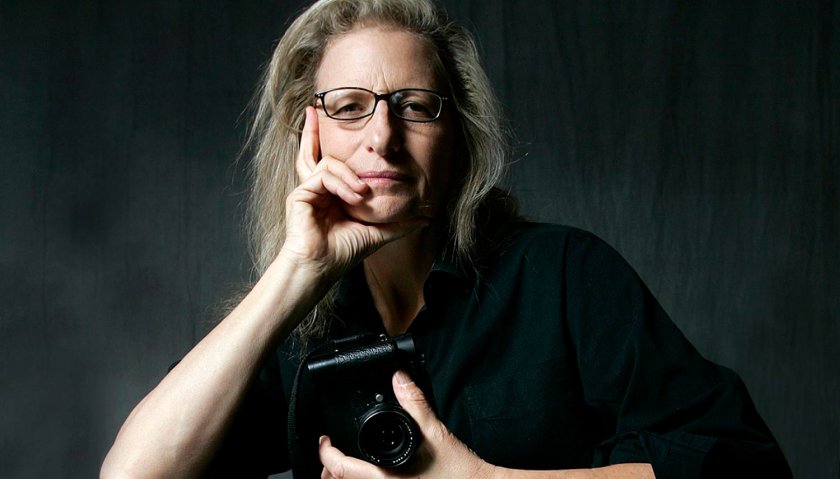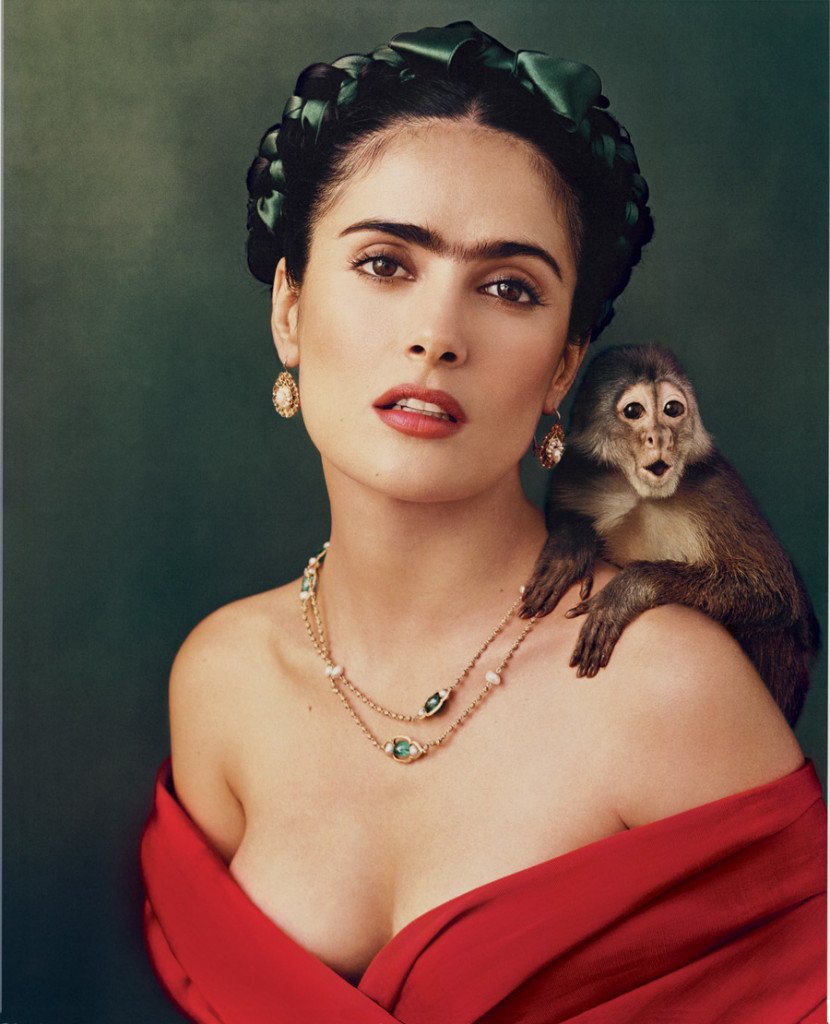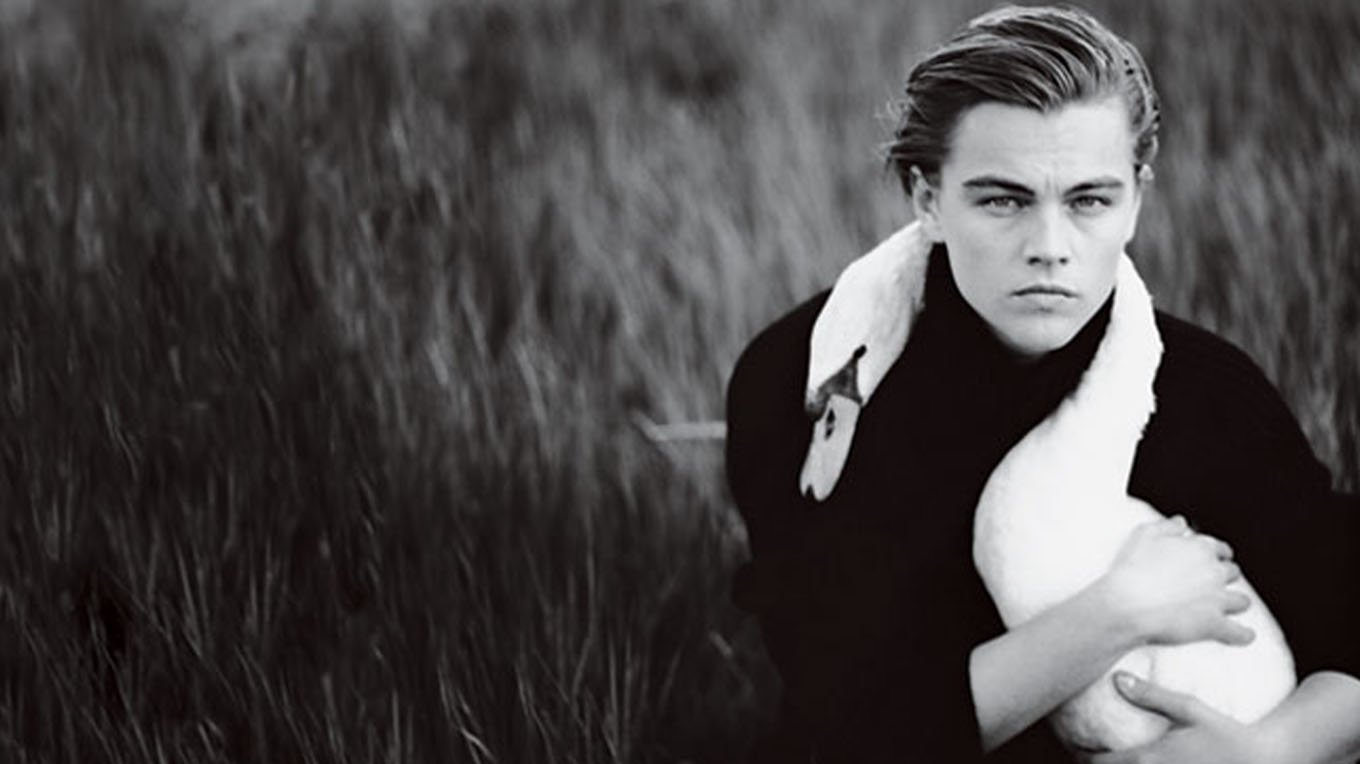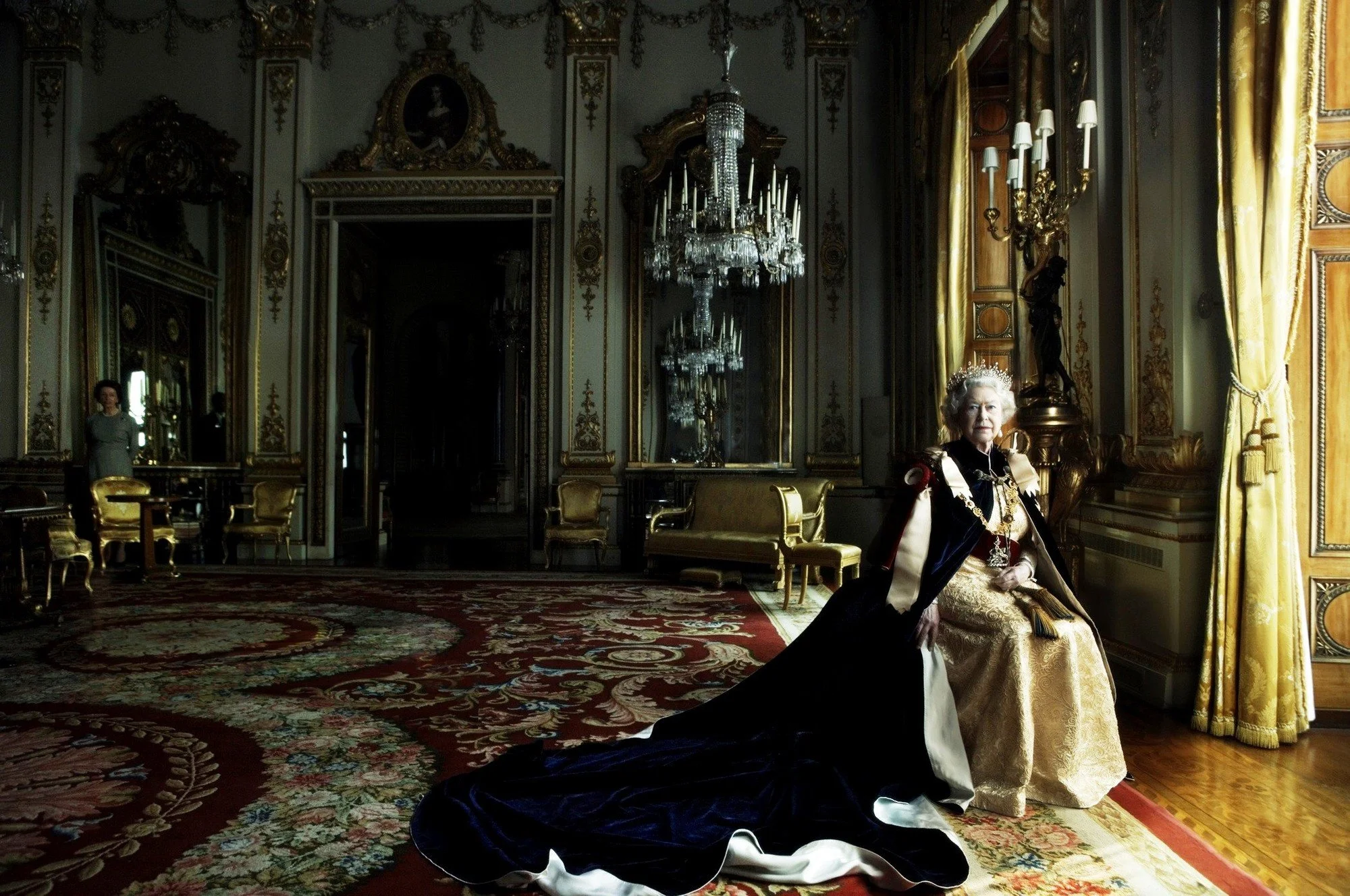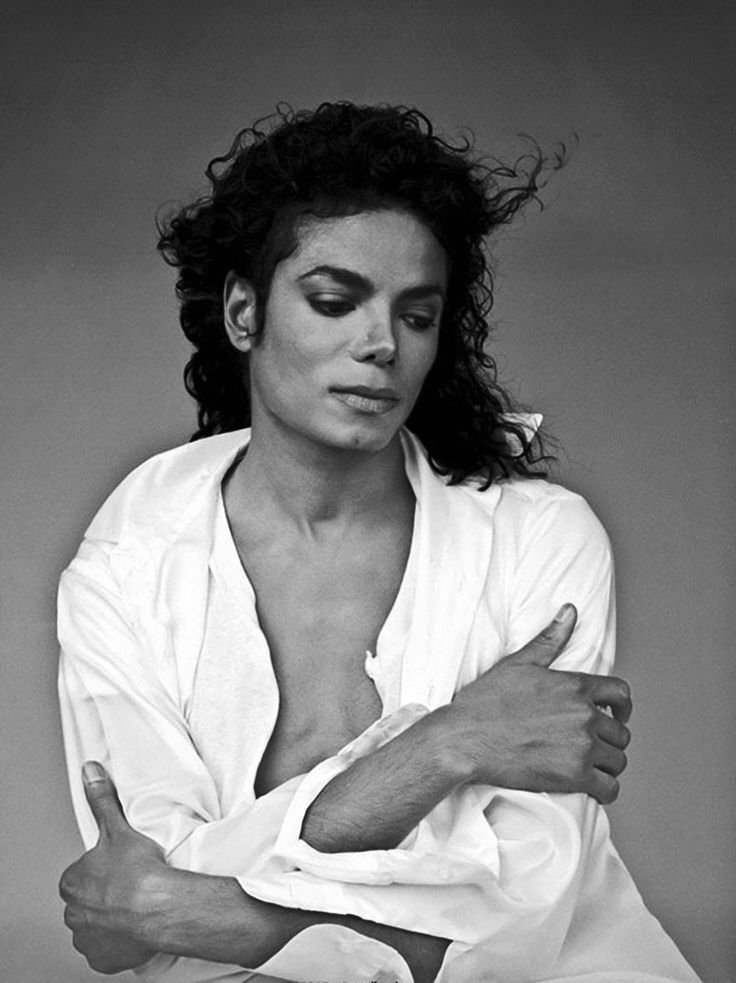Annie Leibovitz
“A thing that you see in my pictures is that I was not afraid to fall in love with these people."
Anna-Lou "Annie" Leibovitz is one of the most renowned portrait photographers of our time. Her powerful and evocative images have graced the covers of countless magazines, from Rolling Stone and Vanity Fair to Vogue. With her extraordinary ability to capture the essence of her subjects, Leibovitz has created some of the most iconic and memorable photographs in contemporary history.
Early Life and Career
Annie Leibovitz was born in Waterbury, Connecticut, in 1949. Her love for photography began at a young age when her father, a lieutenant colonel in the US Air Force, gave her a camera. After her family's return from the Philippines, she attended the San Francisco Art Institute, where she studied painting and photography.
Leibovitz's career took off when she started working for Rolling Stone magazine in 1970. She quickly gained recognition for her intimate and captivating portraits of musicians, actors, and other public figures. Throughout the 1970s, she documented the emerging rock music scene, capturing iconic images of artists like John Lennon, Mick Jagger, and Patti Smith. In 1983, she joined Vanity Fair, where she continued to create unforgettable portraits of celebrities, politicians, and royalty.
Photographic Style and Techniques
Leibovitz is known for her ability to reveal the true personalities of her subjects. She achieves this through a variety of techniques:
Intimacy and Connection: Leibovitz often spends hours, if not days, with her subjects to create a level of trust and rapport that allows them to open up in front of the camera.
Cinematic Lighting: Drawing inspiration from painters like Rembrandt and Vermeer, she uses dramatic, cinematic lighting to create depth and mood in her images.
Narrative Storytelling: Her images often tell a story, whether it's through the subject's pose, wardrobe, or the surrounding environment. This narrative quality is reminiscent of Richard Avedon's work.
Collaboration: Leibovitz actively involves her subjects in the creative process, allowing them to contribute ideas and input that help shape the final image.
Career Highlights
Annie Leibovitz has a long list of accomplishments, but some of her most notable achievements include:
Photographing John Lennon and Yoko Ono for Rolling Stone just hours before Lennon's tragic death in 1980.
Capturing the iconic "Demi's Birthday Suit" cover for Vanity Fair in 1991, featuring a nude and pregnant Demi Moore.
Photographing Queen Elizabeth II in 2007 for her official portrait to mark her state visit to the United States.
Being the first woman to have a solo exhibition at the National Portrait Gallery in Washington, D.C., in 1991.
Receiving the prestigious International Center of Photography's Lifetime Achievement Award in 2013.
Photography Gear
Throughout her career, Annie Leibovitz has used a variety of equipment to create her iconic images. Some of her go-to gear includes:
Cameras: Leibovitz has used a range of cameras, from medium-format Mamiya RZ67 and Hasselblad to 35mm Canon and Nikon models.
Lenses: She often opts for prime lenses, like the 50mm, 85mm, and 105mm focal lengths, for their sharpness and ability to create a shallow depth of field.
Lighting: Leibovitz is known for using a mix of natural and artificial lighting, including tungsten, HMI, and strobe lights, to achieve her signature cinematic look.
Published Books
"Annie Leibovitz" (2022): This upcoming book will feature a collection of Annie Leibovitz's work, showcasing her extraordinary talent for creating intimate and iconic portraits of celebrities, artists, and public figures, highlighting her unique approach to photography.
"Portraits 2005-2016": This book presents a selection of Leibovitz's most memorable portraits from 2005 to 2016. The images capture the essence of her subjects and provide a fascinating insight into her creative process and artistic vision.
"Women": In this groundbreaking project, Annie Leibovitz collaborates with writer Susan Sontag to explore the diverse experiences and roles of women in society. The book features compelling portraits and insightful essays that celebrate women's strength, resilience, and beauty.
"Annie Leibovitz at Work": This insightful book offers a behind-the-scenes look at Leibovitz's creative process, revealing her thoughts on photography, her experiences working with famous subjects, and the stories behind some of her most iconic images.
"A Photographer's Life, 1990-2005": This intimate chronicle of Leibovitz's life and career spans 15 years and includes both personal and professional photographs, providing a comprehensive look at her evolution as an artist and individual.
"Annie Leibovitz: American Music" (2004): This book is a tribute to the rich musical heritage of the United States, featuring powerful portraits of legendary musicians, singers, and performers from various genres. Leibovitz's images capture the spirit, energy, and passion of American music, offering a visual journey through the nation's musical history.
Quotes
"A thing that you see in my pictures is that I was not afraid to fall in love with these people."
"The camera makes you forget you're there. It's not like you are hiding but you forget, you are just looking so much."
"Nature is so powerful, so strong. Capturing its essence is not easy - your work becomes a dance with light and the weather. It takes you to a place within yourself."
"I don't have two lives. This is one life, and the personal pictures and the assignment work are all part of it."
"The best pictures are usually the ones that happen by accident, the ones you didn't plan for."
Legacy and Influence
Annie Leibovitz's body of work has left an indelible mark on the world of photography. Her innovative approach to portraiture has influenced a generation of photographers, including contemporaries like Mark Seliger and Platon. Through her intimate and evocative images, she has pushed the boundaries of traditional portrait photography, redefining how we perceive celebrities and public figures.
In addition to her influence on other photographers, Leibovitz's work has helped to shape popular culture and create lasting visual memories for millions of people. Her portraits not only capture the essence of her subjects but also reflect the spirit of the times, making her one of the most important and enduring photographers of our era.

